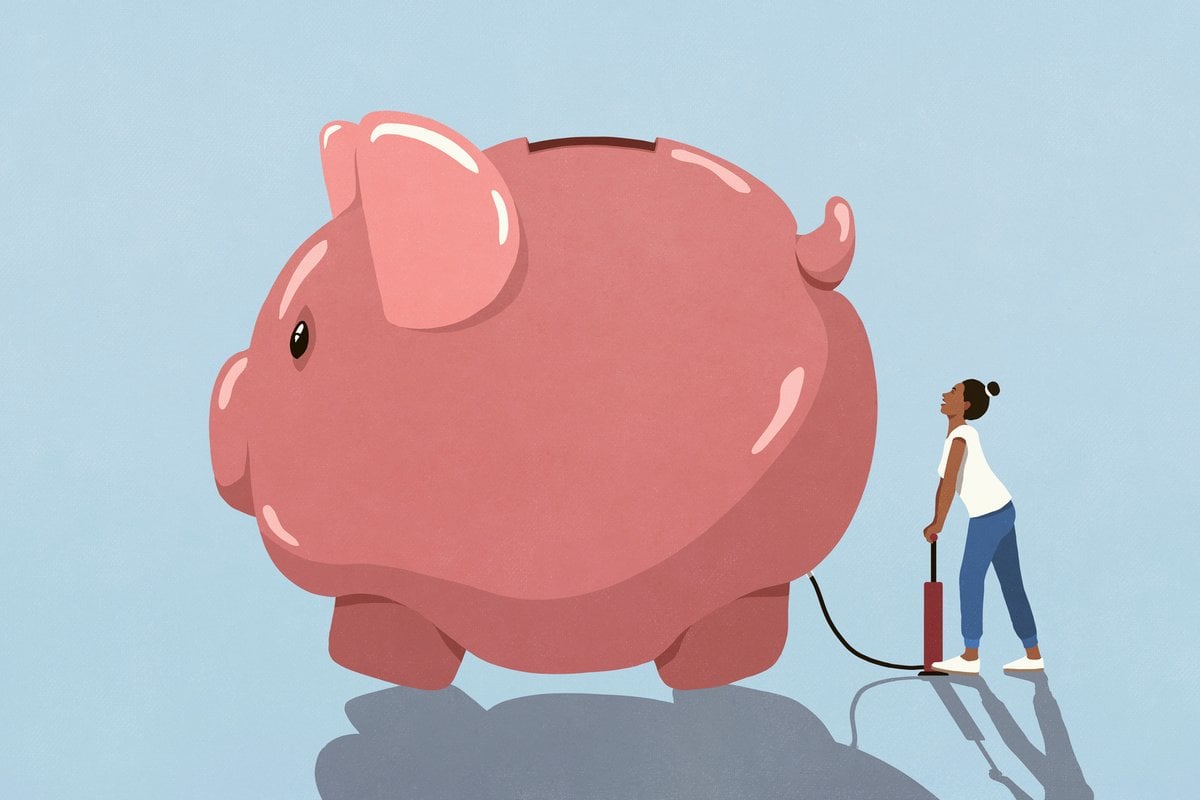

Gone are the days of gatekeeping.
From podcasts to Facebook groups, WhatsApp chats and female-focused finance accounts thriving in our feeds – the desire to educate and empower women to make the most of their money has never been greater. Not only are we sharing knowledge, building wealth, and creating the financial literacy many of us were never taught in school – women across the country are working together to expose the gender super gap, close the gender pay gap (yep, still that old chestnut) and control the future of our finances.
Conversations around money are now more commonplace and candid than ever before. Thanks to these honest and open discussions, we know the true value of having a savings back-up for those ‘just in case’ days (hint, it’s not to buy multiple sets of Beyoncé tickets).
We know finding a top-performing, profit-to-member superannuation fund — one like CareSuper — can help us maximise the value of our super and actually enjoy our retirement. We also know the importance of forward planning, especially if we’re preparing to take time out of the workforce to raise a family or support a loved one (hello spousal super contributions).
What’s important now is that we continue to share this information with the women around us and build on these newer and stronger finance foundations. As the old saying goes – a rising tide lifts all boats.
With this in mind, we reached out to 25 amazing women of all ages to hear their top money tricks and tips. The key takeaway? Every small step towards your finance goals today helps future you tomorrow. It’s never too late to get started, so here we go.